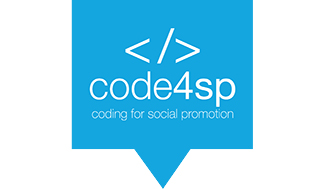Welcome back! As you’ve read before, there is a growing interest in teaching coding to children. No wonder! There are several benefits linked to it. Take a look below:
5. Enhancing Collaboration and Communication:
Coding is rarely a solitary endeavour. Whether working on a team project or seeking help from online communities, kids learn to collaborate effectively with others. They also develop the ability to communicate their ideas clearly, both in written code and verbal explanations, fostering important interpersonal skills.
6. Building Confidence:
Successfully coding a program, no matter how small, is immensely satisfying and builds confidence. As children tackle increasingly complex coding projects, they gain a sense of accomplishment and realize their potential to overcome challenges. This newfound confidence extends beyond coding and positively impacts other areas of their lives.
7. Promoting Digital Literacy:
In today's digital world, understanding how technology works is essential for navigating everyday life. Learning to code equips kids with the skills to understand and utilize digital tools effectively. They become more discerning consumers of technology, capable of making informed decisions about their online activities and digital footprint.
8. Fostering Adaptability and Resilience:
Technology evolves rapidly, and coding teaches kids to adapt to new tools and languages as they emerge. By embracing change and learning new skills, they develop resilience and a growth mindset that will serve them well throughout their lives.
In conclusion, coding is not just about programming computers; it's about empowering children to think critically, solve problems creatively, and thrive in an increasingly digital world. By learning to code, kids gain valuable skills that extend far beyond the confines of the computer screen, preparing them for success in the 21st century and beyond.



